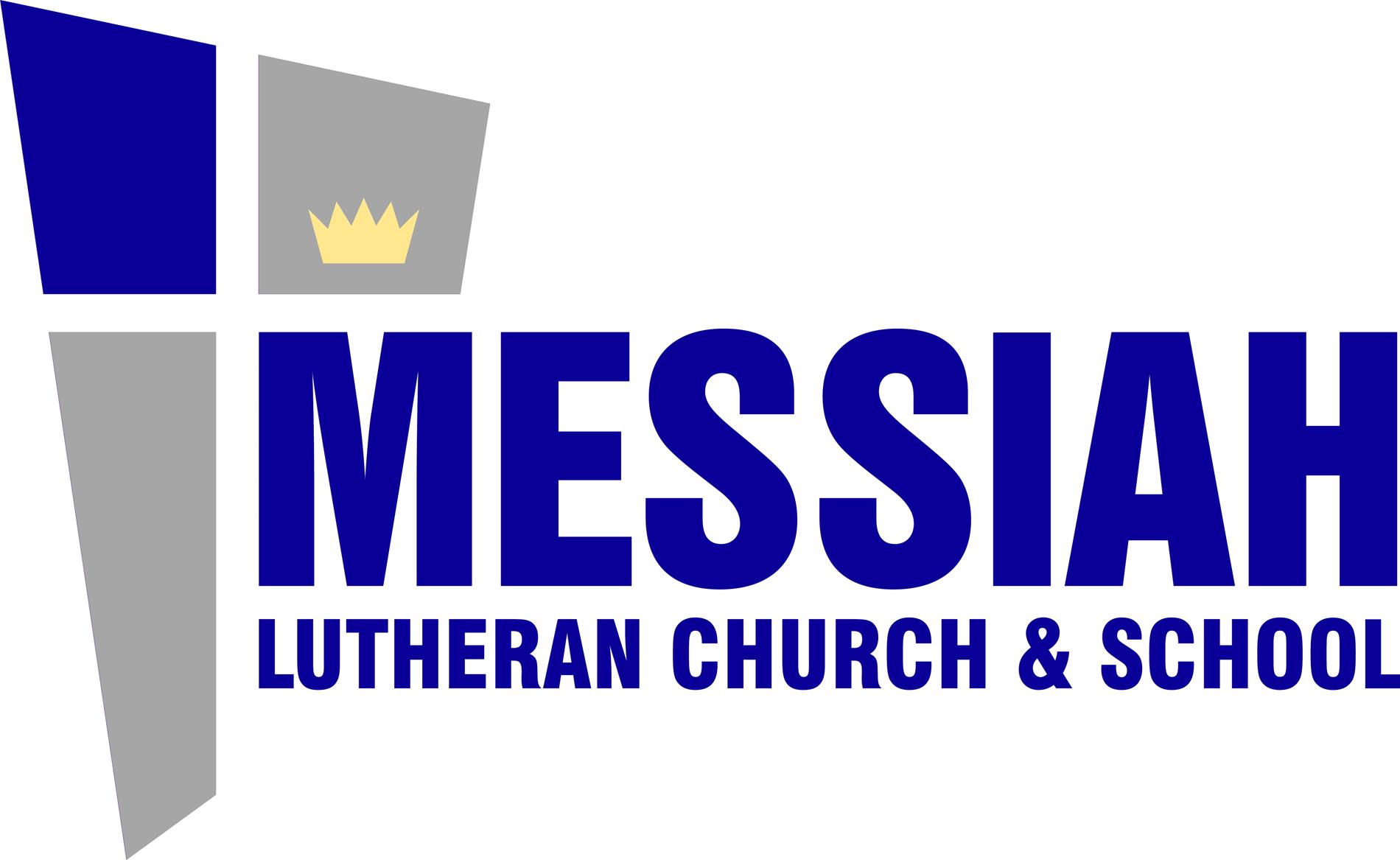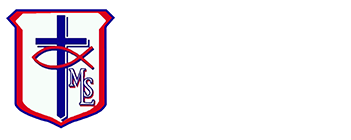Fourth Grade

Mrs. Allie Jackson
Fourth Grade Overview
Language Arts includes Reading, Grammar, Writing, and Spelling.
Reading
With the McGraw Hill series, students experience a variety of classic and contemporary works of literature. Vocabulary is stressed. We also focus on comprehension strategies such as making predictions, self-questioning, context clues, summarizing and paraphrasing. We continue to work on word identification and applying decoding skills when necessary to improve reading fluency. Other skills taught are narrative elements, prefixes and suffixes, point of view, figurative language, cause and effect, note taking, drawing conclusions, sequencing, main idea and details, fact and opinion, author's purpose, and graphic sources. We use Accelerated Reader (AR) to assess individual reading levels and comprehension. Students are given a reading goal to earn each nine weeks. 100 minutes of outside reading time is required each week.
Spelling
The Houghton Mifflin textbook we use also covers vocabulary. Weekly spelling words focus on different types of word patterns. When appropriate, lists are individualized to accommodate student levels. Tests are given weekly, and spelling is stressed in all content areas.
English
With the Harcourt Language Series we focus on grammar skills: parts of speech, sentence types, mechanics of capitalization and punctuation, and word usage. We apply these skills during the writing process. Students do expressive, expository, and persuasive writing. Speaking and listening skills are practiced, and writing includes: letters, poetry, journal entries, writing in other content areas, and writing a research paper. Students write in cursive.
Writing
Four Square writing is what we use in grades one through eight. It uses a graphic organizer to help students write a main idea with supporting details and a final box for wrap-up sentences. They practice until they can write great paragraphs.
Math
Saxon Math lessons focus on whole numbers up to one million, place value, number patterns, algebraic operations, data, graphing, time, multiplying and dividing by 2-digit numbers, geometry, fractions, mixed numbers, probability, decimals, measurement, estimation, problem solving, and mental math. Students are expected to have instant recall of the multiplication and division facts. Basic math skills are practiced daily with timed tests.
Bible
We use One In Christ, from Concordia Publishing House as well as the Holy Bible. Students are taught the key concepts of faith such as Law, Gospel, confession, repentance, forgiveness, and grace while focusing specifically on the actions of our God on behalf of His people. We study selected Bible stories from Genesis through the formation of the early church and the beginning ministry of the apostle Paul. Each lesson centers on the cross of Christ and is grounded in the Word of God, through which the Holy Spirit works to create, strengthen, and sustain saving faith. We also memorize Bible verses and parts of Luther's Small Catechism. We have daily prayer and devotion time and attend chapel once a week. Christianity and moral values are incorporated in our everyday teaching. We end the school day with prayer before students go home.
Science
The Scott-Foresman Series is used to develop the scientific processes of observing, predicting, measuring, experimenting, collecting and interpreting data. Units of study include: Life Science (Plants, Animals, Ecosystems, Environment); Physical Science (Measuring Matter, Force and Motion, Electricity and Magnetism, Light and Sound); Earth Science (Measuring Weather, Earth and Other Planets, Oceans) and the Human Body (Digestive, Circulatory, and Nervous Systems, Keeping Healthy). Instruction in Science and technology are included.
Social Studies
The McGraw-Hill Series, Regions, is used to develop geography and map skills and learn about the land and people of the United States. We study the environment, people, and heritage of each of the regions of the United States: The Northeast, The Southeast, The Middle West, The Southwest, and The West. Students complete a state project for each region and identify states, capitals, and major metropolitan areas.
Computer/Technology
Fourth graders go to the computer lab each week for instruction in keyboarding. We use an online service called Typing Agent, which is a leveled, self-paced program covering basic computer terminology and skills. Students learn how to access and use the Internet as a resource.
Other Subject Areas
Students have Music and Physical Education classes twice a week. They have Art and Library once a week. Fourth graders also learn to play recorder as part of their music class.
Communication/Parent Involvement
A vital part of a successful school year is open and consistent communication between home and school. A weekly newsletter is sent home containing information on the week's activities and any test/project assignments. Agendas are used daily. Student progress is formally discussed over report cards at parent/teacher conferences held at the end of the first and third quarters. Mid-quarter grade reports are also sent home for all students each quarter. Parents are encouraged to discuss any aspect of their child's learning throughout the year by phone, meetings, or email. Taking an active role in your child's Christian education is an important part of the home/school relationship. We are an "educational team" for your child.
